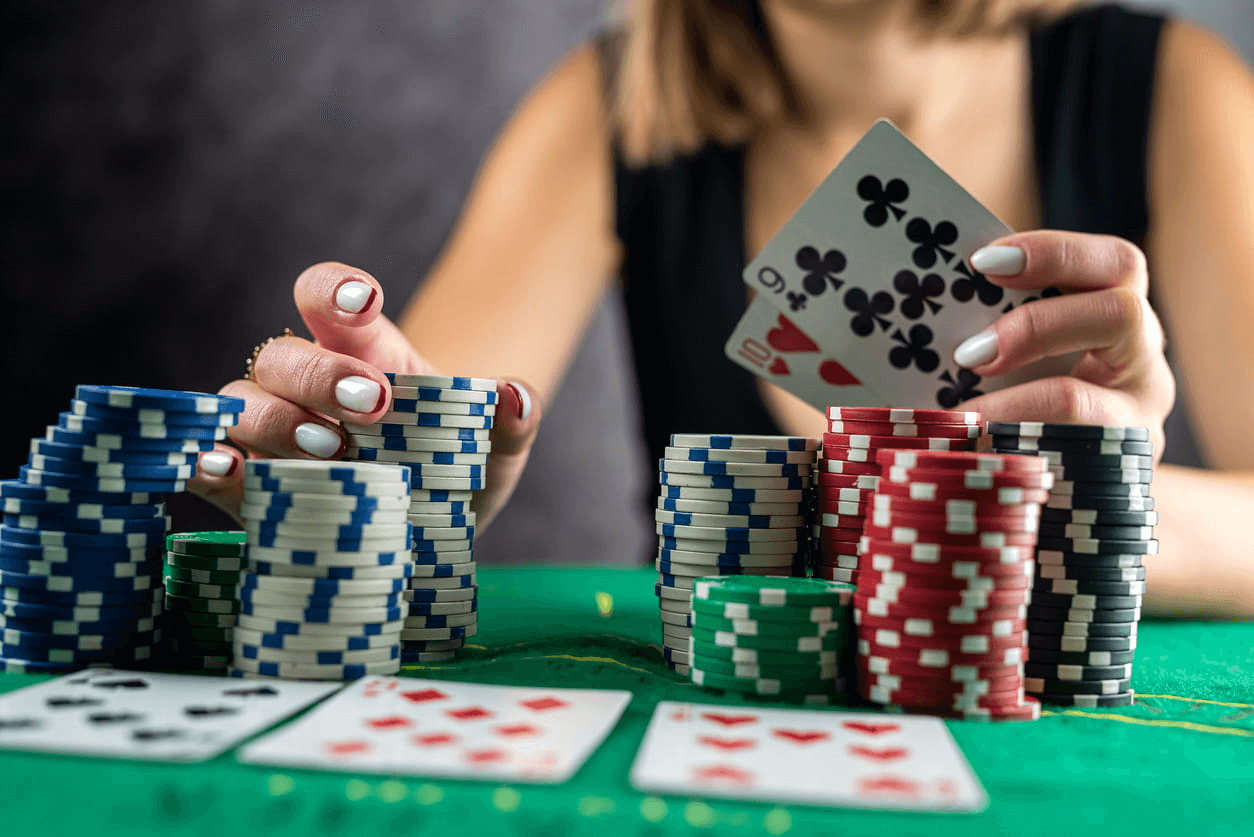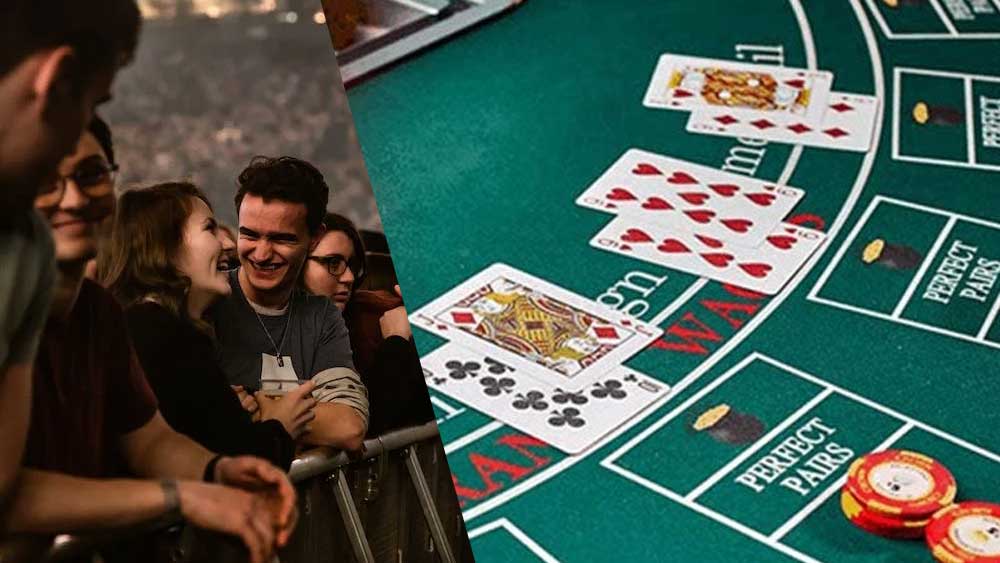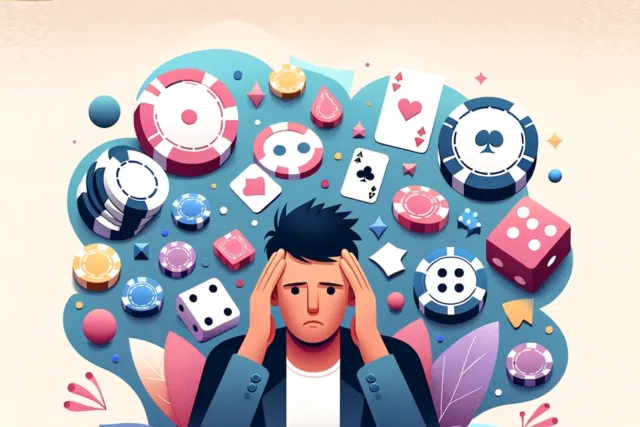Luck has long been a fascinating concept in human psychology, influencing attitudes and behaviors in various aspects of life. In the realm of gambling, luck plays a significant role, shaping beliefs and driving decision-making processes. The psychology of luck delves into how individuals perceive and interpret their chances of winning, often influenced by personal experiences, cultural norms, and cognitive biases. Understanding the psychology behind beliefs about luck can provide valuable insights into the mechanisms driving gambling behaviors and addiction. This article explores the intricate relationship between beliefs, luck, and gambling, shedding light on the complex interplay that shapes our approach to risk-taking activities.
Introduction to the psychology of luck

Luck is a fascinating concept that has captivated the human mind for centuries. People often attribute their successes and failures to luck, believing that it is a force beyond their control. However, psychologists have long been interested in understanding the psychology behind luck and how it influences our behavior, particularly in activities like gambling. The belief in luck can shape our decisions, leading us to take risks or avoid certain actions based on our perceived level of luck. By examining the psychological factors that influence our beliefs about luck, researchers hope to gain a better understanding of how these beliefs can impact our gambling behavior. Ultimately, by exploring the psychology of luck, we may also gain insights into the broader implications of belief systems and decision-making processes in other areas of life.
The role of beliefs in shaping gambling behavior
Beliefs play a pivotal role in shaping gambling behavior, influencing how individuals approach risk and uncertainty in the realm of luck-based games. These beliefs can range from superstitions and lucky charms to more deeply ingrained beliefs about chance and fate. For some, winning streaks or near misses may reinforce positive beliefs, while losses could strengthen negative beliefs. Beliefs can also influence the decision-making process, affecting choices such as when to gamble, how much to bet, and when to walk away. Understanding the intricate interplay between beliefs and gambling behavior is crucial for addressing potential issues related to problem gambling and addiction. By acknowledging the power of beliefs in shaping behavior, researchers and practitioners can better understand and support individuals who may be struggling with the psychological complexities of luck-based games.
Superstitions and rituals: how they influence luck

Superstitions and rituals have long held a powerful influence on the concept of luck, particularly in the realm of gambling. From blowing on dice to wearing lucky socks, these beliefs and behaviors can play a significant role in both the mindset of the gambler and the outcome of their games. The psychology behind these rituals suggests that they can provide a sense of control in an otherwise unpredictable situation, ultimately shaping the gamblers beliefs and influencing their perception of luck. By understanding the impact of superstitions and rituals on gambling behavior, researchers can gain insights into the ways in which these ingrained beliefs can affect decision-making and outcomes in games of chance.
Conclusion

In conclusion, the psychology of luck plays a significant role in shaping gambling behaviors. Beliefs in luck and superstitions can greatly influence individuals decisions when it comes to gambling, leading them to take risks based on their perceived sense of luck or fate. It is important for individuals to be aware of how their beliefs about luck can impact their gambling habits, and to approach gambling with a level of mindfulness and rationality. By understanding the role that psychological factors play in gambling, individuals can make more informed decisions about when and how to participate in activities such as playing the 4d lottery. Ultimately, a balanced approach to gambling that takes into account both luck and skill is essential for promoting responsible and enjoyable gaming experiences.




